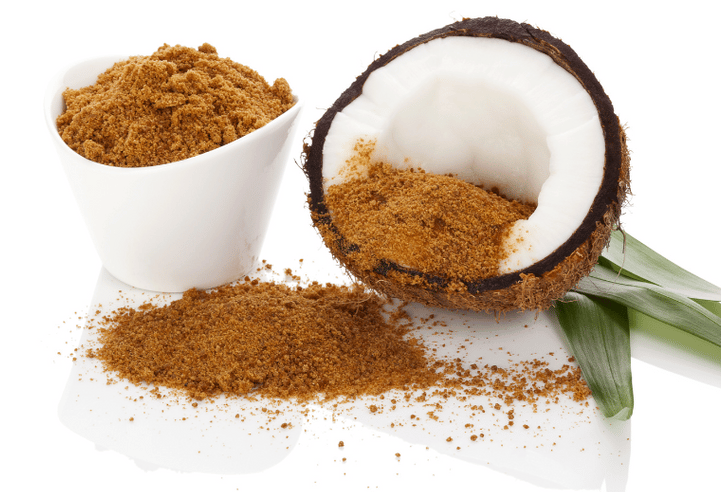Why Top Food Brands Are Switching to Organic Coconut Sugar
Explore the reasons behind the global trend of leading food brands choosing organic coconut sugar over traditional sweeteners, and how this shift impacts the future of healthy and sustainable food production.
Admin
8/2/20252 min read


Introduction
In recent years, many of the world’s leading food and beverage brands — from plant-based startups to global FMCG giants — have made the switch to organic coconut sugar. This isn’t just a marketing gimmick. It’s part of a broader shift toward clean-label ingredients, sustainability, and meeting evolving consumer expectations.
So, why is organic coconut sugar quickly becoming the go-to sweetener for premium and health-focused brands?
1. Clean-Label Demand and Ingredient Transparency
Modern consumers are more educated than ever about what goes into their food. They seek products that are natural, minimally processed, and easy to understand. Organic coconut sugar checks all those boxes. It’s a single-ingredient sweetener, made from the sap of coconut blossoms, without chemical refinement or artificial additives.
Top brands know that putting "organic coconut sugar" on a label boosts consumer trust — especially in the organic, gluten-free, or vegan food segments.
2. Lower Glycemic Index for Health-Conscious Markets
Compared to refined cane sugar or corn syrup, coconut sugar has a lower glycemic index (GI of around 35). This means it causes a slower rise in blood sugar levels, which appeals to consumers looking to manage their energy levels, weight, or overall metabolic health.
Brands in categories like nutrition bars, granolas, cereals, healthy snacks, and beverages are switching to coconut sugar to position their products as better-for-you alternatives.
3. Sustainability and Ethical Sourcing
Food manufacturers are under pressure to reduce their environmental impact. Coconut sugar is considered one of the most sustainable sweeteners in the world. It requires no deforestation, no intensive water use, and supports smallholder farming communities.
Switching to organic coconut sugar allows brands to align with ESG (Environmental, Social, Governance) goals and promote fair trade or ethical sourcing — a major selling point in Western markets.
4. Unique Flavor Profile That Enhances Product Quality
Unlike white sugar which adds only sweetness, organic coconut sugar contributes a rich, caramel-like taste. This makes it ideal for applications in cookies, sauces, chocolate, coffee drinks, and artisanal foods, giving products a gourmet, natural feel without synthetic flavor enhancers.
Premium brands love coconut sugar not only for health reasons but also for its distinct and consistent flavor profile.
5. Meeting Organic Certification and Export Standards
Major international brands are required to meet strict ingredient sourcing standards, especially for products marketed as organic in the U.S., EU, and Japan. Coconut sugar producers in countries like Indonesia, the Philippines, and Sri Lanka are now certified under USDA Organic, EU Organic, and JAS — making it easy for global brands to integrate this sweetener into certified organic product lines.
Conclusion
The shift toward organic coconut sugar is more than a trend — it’s a strategic response to long-term changes in consumer behavior, environmental accountability, and ingredient innovation.
For producers, this means opportunity. For brands, it means competitive advantage. And for consumers, it means access to food that’s healthier, tastier, and better for the planet.
If you’re a manufacturer or distributor, now is the time to explore how organic coconut sugar can elevate your product offerings.



